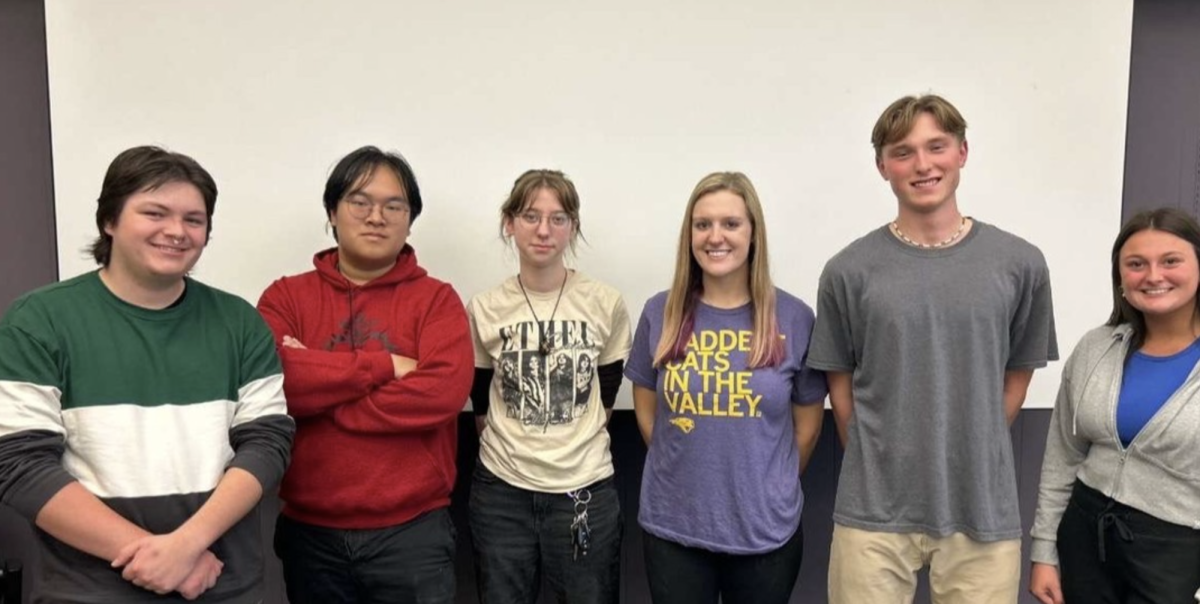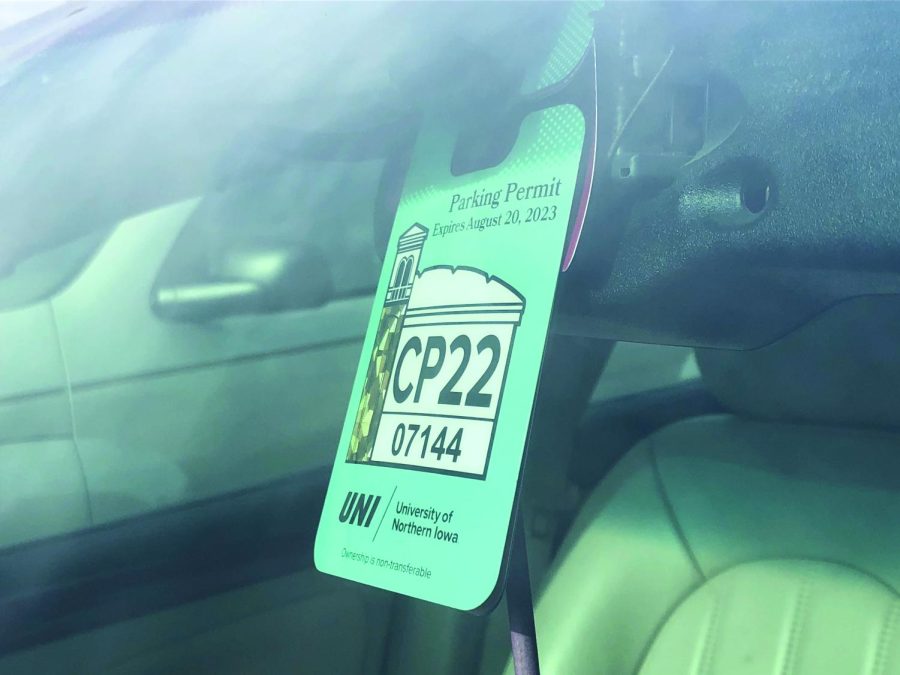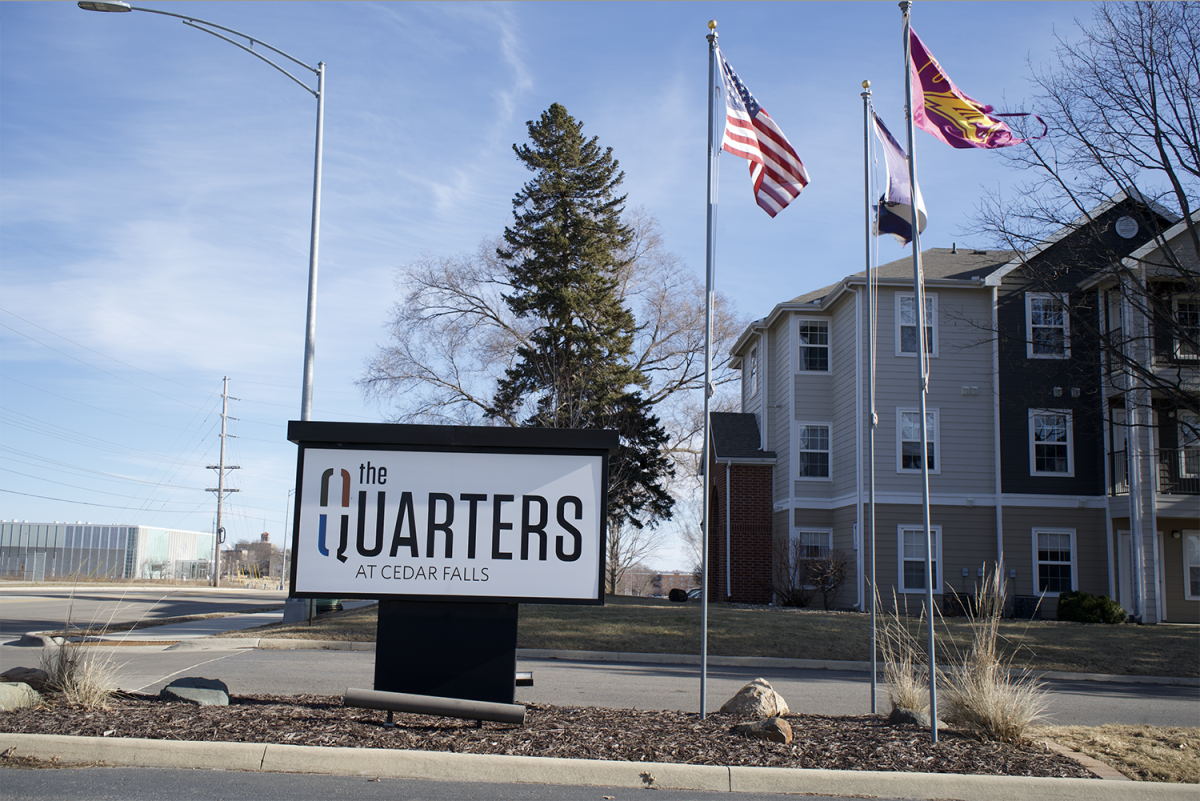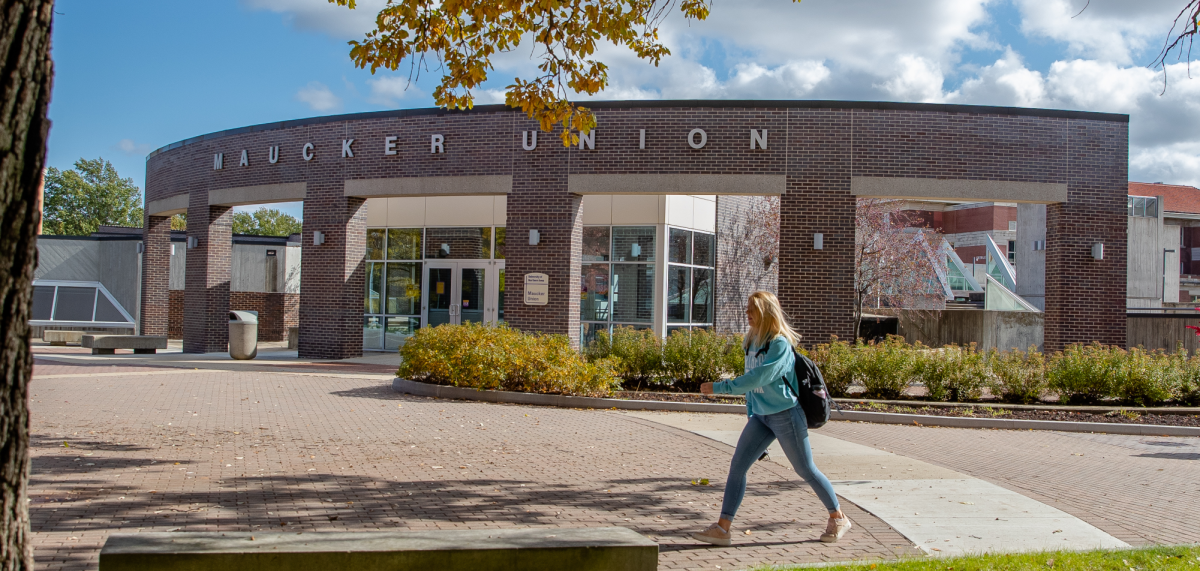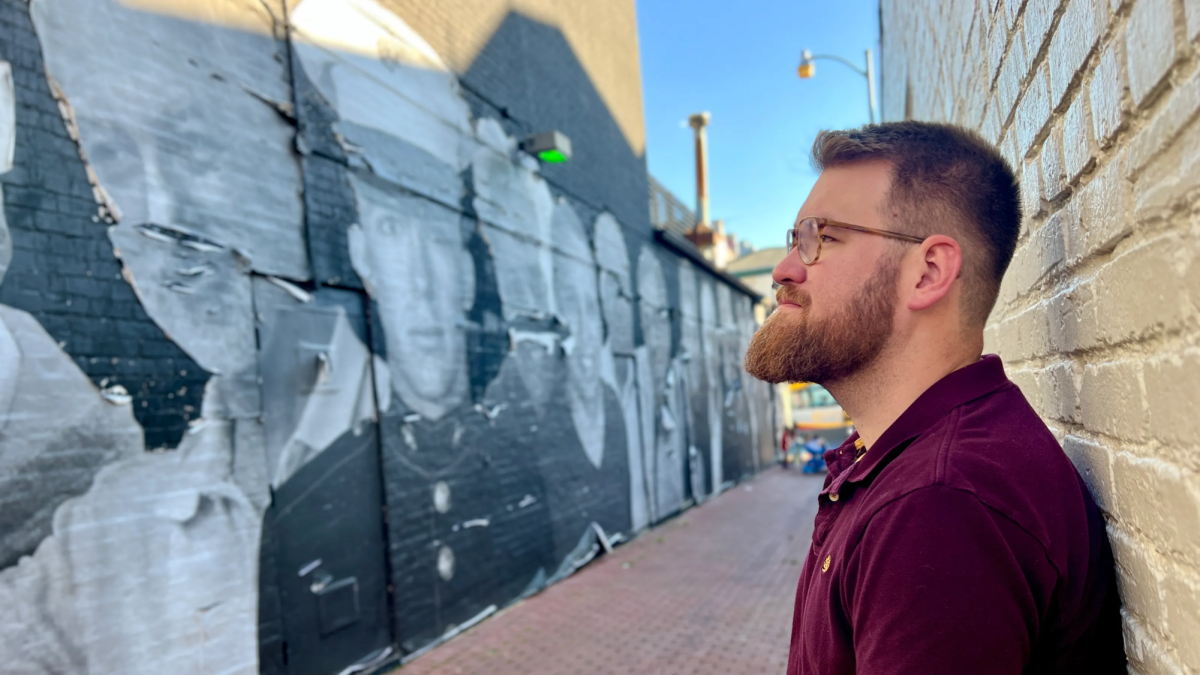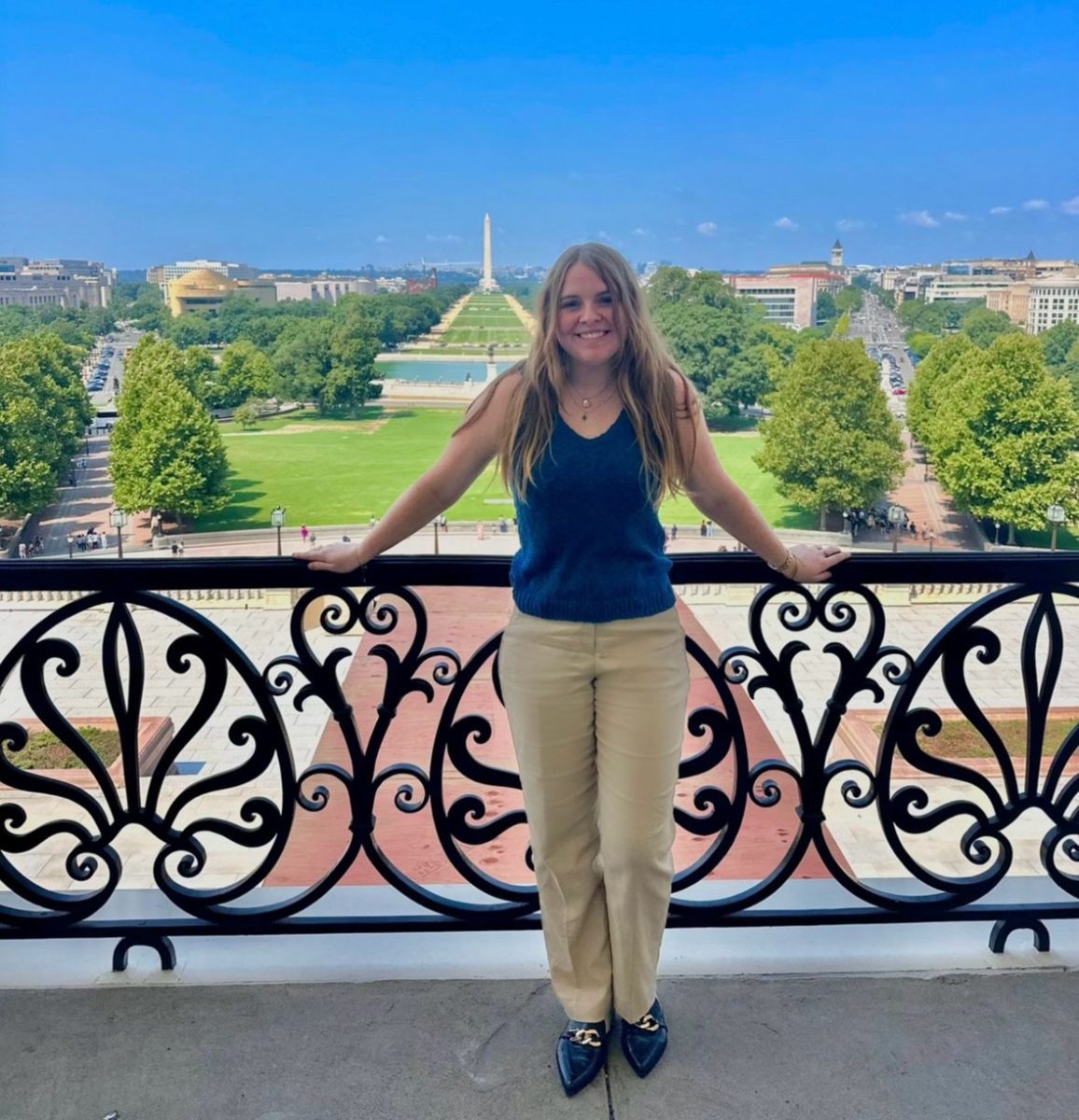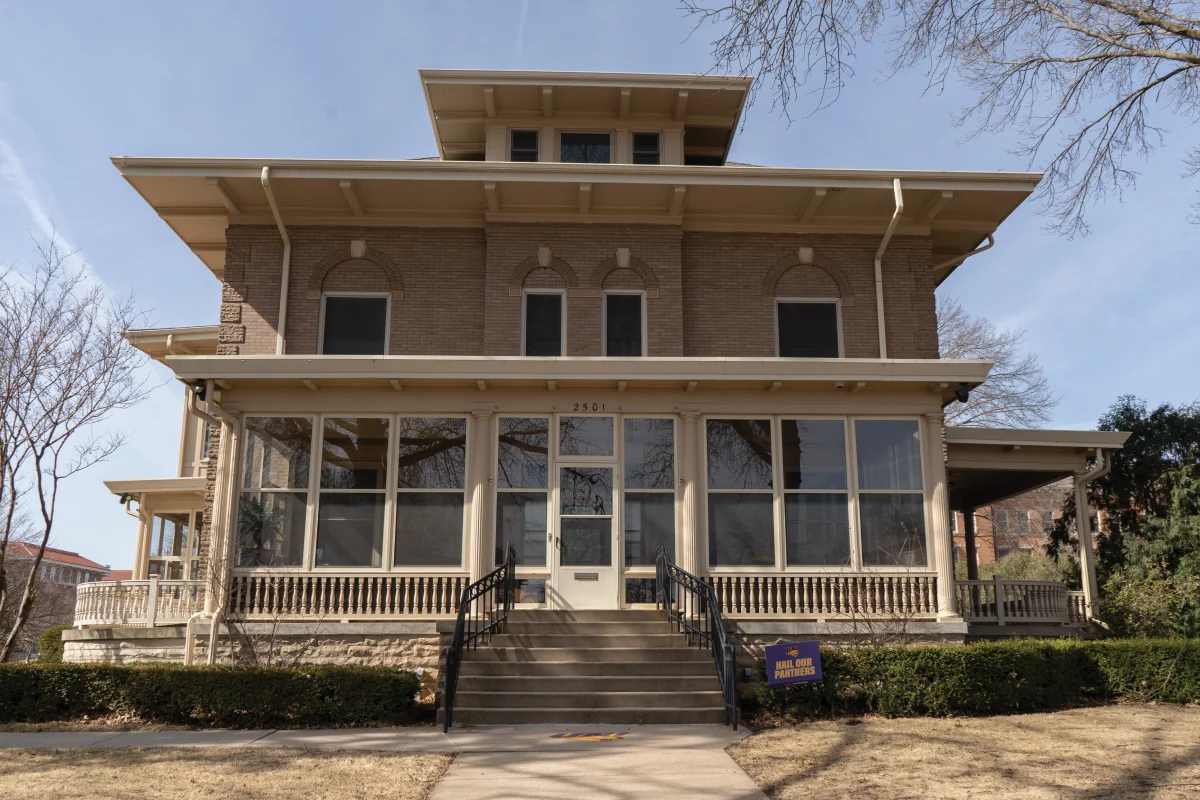“I don’t know about you, but in high school my drug education basically consisted of ‘don’t do it,’” says Elijah Switzer, a junior here at UNI.
Switzer founded a Students for Sensible Drug Policy chapter, or SSDP, on campus earlier this year. SSDP has over 300 chapters in 32 different countries, and UNI is home to Iowa’s first and only chapter. SSDP is focused on harm reduction and drug education, to help eliminate harm caused by the war on drugs.
Switzer believes that by having a lax education on drugs in high school can cause more harm than good. “The dangers of that is it leaves the research and it leaves the experimenting up to the individual. People start using substances and they don’t know the risks,” he said.
In order to educate the student body, SSDP put together UNI’s first ever “Psychedelic Conference”, with a lecture by Matthew Johnson, Ph.D., from Johns Hopkins University in Maryland.
The conference featured information about the positive medicinal benefits of psychedelics when treating PTSD, depression, anxiety and most importantly, drug addiction.
Switzer believes that UNI’s drug related policies are good, but still have room to grow. “We have a no strike policy. The punishments are very ambiguous and arbitrary,” he said. “It is on a very case by case basis.”
The Student Conduct Code lists possession or use of illegal controlled substances in section nine under “Prohibited Conduct.”
According to the Student Conduct Code, any student who commits, attempts to commit, or assists others in committing “Prohibited Conduct” will be subject to “disciplinary sanctions.”
These sanctions can range wildly, from something as simple as a verbal warning, up to withholding a degree, suspending registration or expulsion from the school. They are determined based on the severity of the offense and the student’s conduct history.
A step SSDP is taking to increase drug awareness and safety is advocating for Narcan, a life saving drug for those overdosing, to be available for the RAs, while providing them with the proper training to potentially save a life.
In 2019, the University of Iowa equipped campus police with Narcan kits for every squad car, as well as placing a kit on the ground floor and elevators of two of their buildings.
Currently, Narcan is available on campus through the Student Health Clinic, but they are only open from 8 a.m. to 4:30 p.m. Monday to Friday. However, Switzer doesn’t think that’s enough.
“I hope there doesn’t have to be a death to realize that we need Narcan on campus,” Switzer commented.
Another focus of SSDP is trying to remove the stigma of drug addiction. Switzer believes that for those who are addicted, it’s hard to reach out and get the help they need. Many of those who do reach out face harsh consequences for simply having an addiction.
“You shouldn’t be punished for an unhealthy coping mechanism,” Switzer said. “Because, sure, that addict over there might be using methamphetamine, but they’re also a dad.”
“There’s not a lot of empathy, and I hope SSDP can create more of that. To help people realize things, you’re not broken, you don’t need to be fixed. It’s not what’s wrong with you. It’s what happened to you, and I hope we can get rid of that stigma and help people,” he added.
SSDP will be meeting next Wednesday, Dec. 6, alongside the student social work association and the public health student org.


